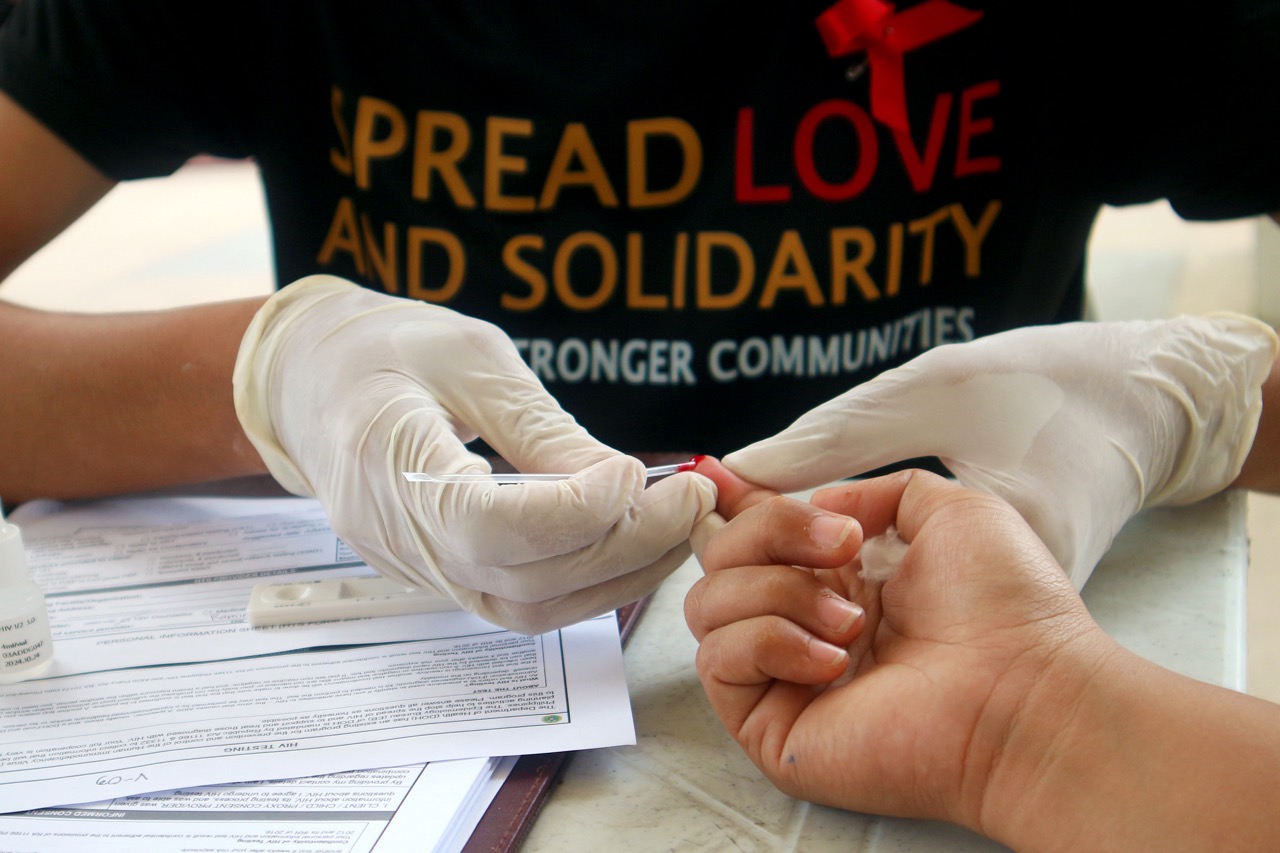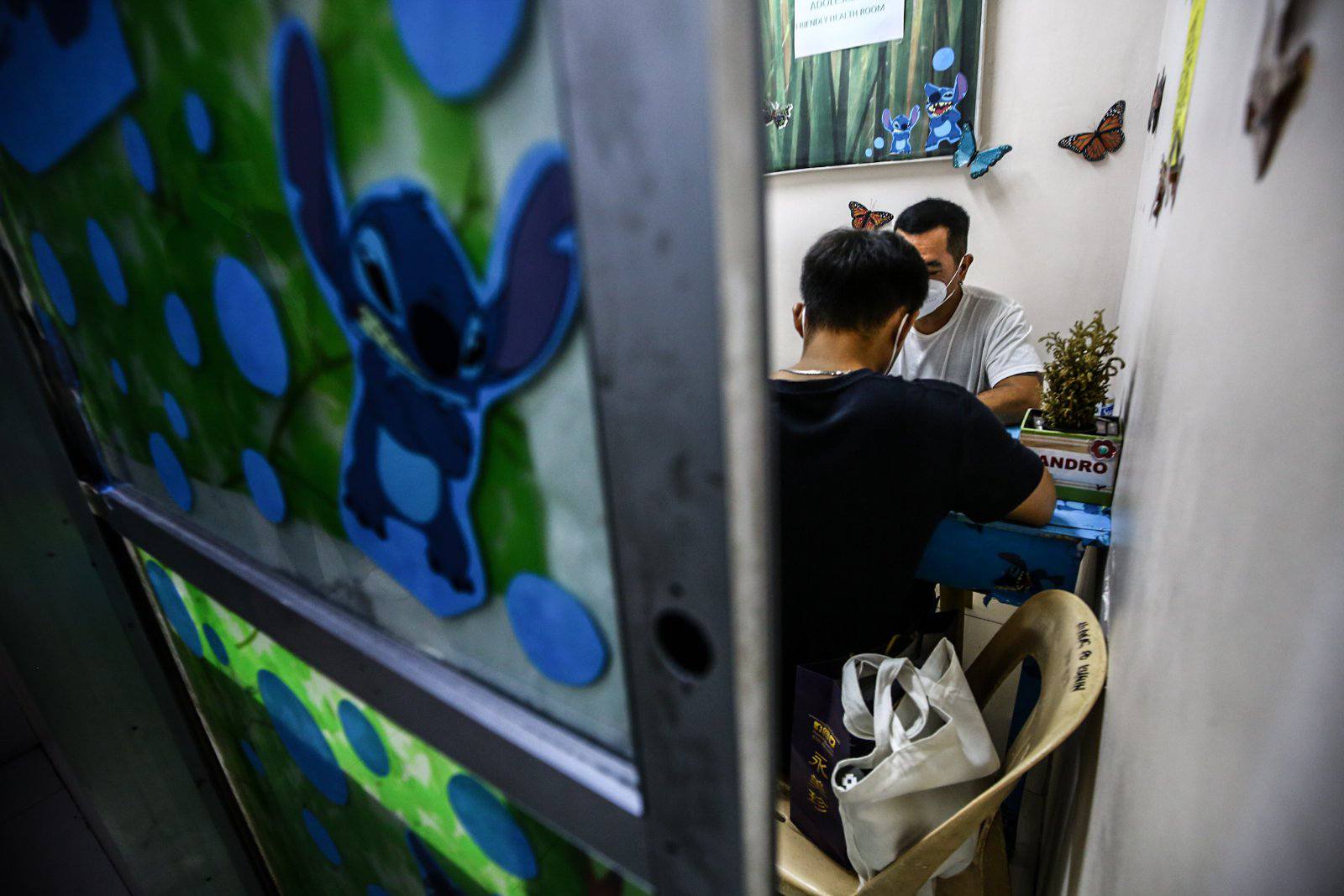
By Brian Campued
Government personnel who discriminate against persons living with human immunodeficiency virus (PLHIV) may face disciplinary sanctions, the Philippine Civil Service Commission (CSC) on Friday warned.
In its Resolution No. 2500399 promulgated on May 23, the CSC issued the “Enhanced Guidelines in the Implementation of Workplace Policy and Education Program on HIV and AIDS in the Public Sector” as part of its initiatives in promoting safe and healthy working environment for government workers.
According to the guidelines, “discriminatory acts that may be committed solely or partially against a person on account of actual, perceived, or suspected HIV status are classified into discrimination in the workplace, in a learning institution, and in hospitals and health institutions.”
It also enumerated discriminatory acts against PLHIV that may be subject to administrative disciplines, including restriction on travel and habitation, restrictions on shelter, prohibition from seeking or holding public office, exclusion from credit and insurance services, denial of burial services, and acts of bullying.
“The new rules shall apply to all officials and employees in all branches and agencies of the government, including national government agencies, local government units, state colleges and universities, and government-owned and controlled corporations with original charters,” the CSC stated.
Complaints will be handled in accordance with the 2017 Rules on Administrative Cases in the Civil Service, Republic Act No. 11166 (the Philippine HIV and AIDS Policy Act) and its Implementing Rules and Regulations.

Strengthen HIV/AIDS policies, gov’t offices told
The same resolution also directed all government agencies to establish and implement their respective workplace policies on HIV and acquired immune deficiency syndrome (AIDS).
Among the measures that agencies may adopt include education and awareness programs, access and support to information on HIV and AIDS-related services, adherence to occupational health and safety standards, as well as fostering confidentiality and non-discriminatory practices.
The CSC also urged government agencies to coordinate with the Department of Health (DOH) and the Philippine National AIDS Council (PNAC) to provide employees access to relevant information and services, such as prevention, care, treatment, testing, and counseling.
Agencies are also told to ensure protection and confidentiality of the employees’ medical records and information in compliance with the Data Privacy Act of 2012.
The constitutional body also required agencies to report their HIV and AIDS prevention and control initiatives to the PNAC annually.
The DOH previously reported that an average of 57 new HIV cases per day were recorded in the country from January to March 2025—prompting the agency to call for the declaration of a national public health emergency.
-jpv
